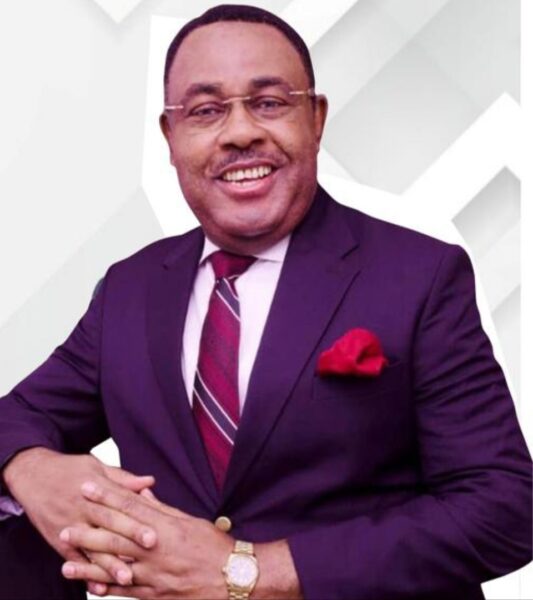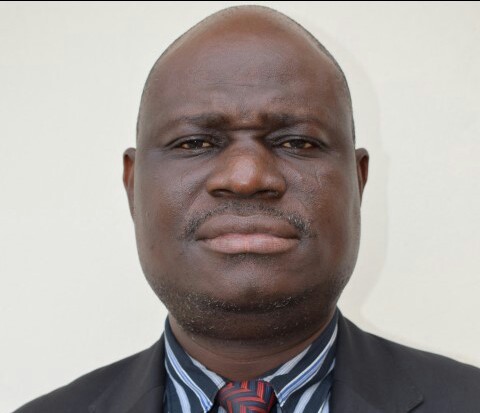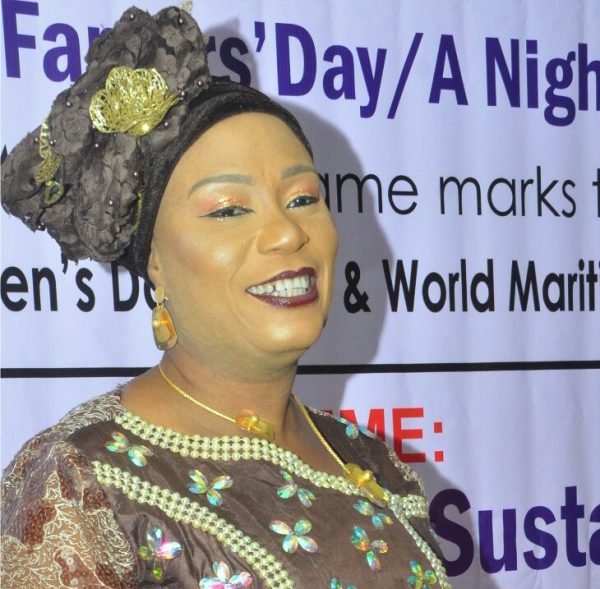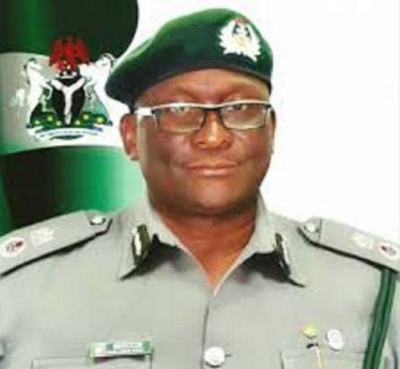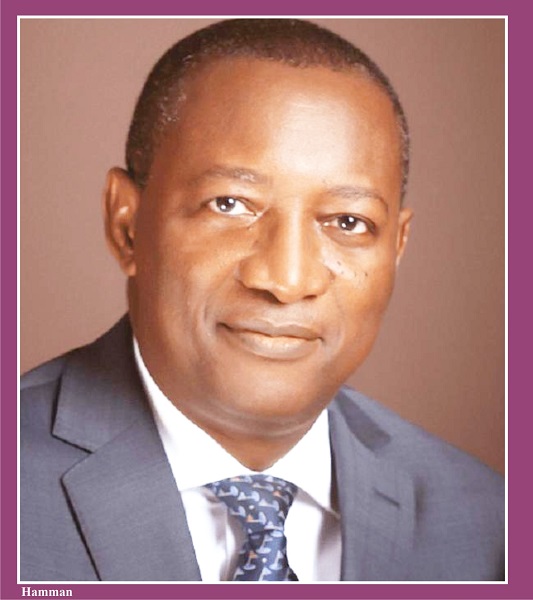I CARE INTERVIEW
How Customs Can Change Its Bad Perception – Nwabunike
By Kenneth Jukpor
Hon. Tony Iju Nwabunike is the President of the Association of Nigeria Licensed Customs Agents (ANLCA). In this exclusive interview with MMS Plus he speaks elaborately on the activities of Nigeria Customs Service (NCS) at the World Customs Organization (WCO) marks International Customs Day on Wednesday, January 26th, 2022.
Nwabunike also makes some suggestions that could ease the bottlenecks on freight agents and their importers, facilitate trade, whilst enhancing the Customs revenue.
Excerpts:
This week, precisely on January 26th, WCO celebrates the International Customs Day. With this in mind, what thoughts, agenda and advice do you have for Nigerian Customs?
Customs, all over the world, have helped to stabilize the economies of nations and actually played a key role in ensuring security at ports and border posts. In Nigeria, as we celebrate the World Customs Day, I would like to speak on the Customs practice in the country and what should be expected from Customs in 2022.
Given what WCO is about and the fact that the 2022 theme is Scaling up Customs Digital Transformation by Embracing a Data Culture and Building a Data Ecosystem; I want to see NCS operate on a level where they embrace the use of Information Communication Technology (ICT) and more digital operations. My expectation is that they evolve further and attain a paperless and more scientific approach to their work.
NCS should have their examination of cargoes wholly done by scanners and relieve themselves from the burden of physical examination. NCS should be attained with other WCO member nations to combat trade bottlenecks and facilitate trade instead of the emphasis on revenue generation as they are in Nigeria.
The federal government also has to release Customs from this burden of revenue generation at all times because what it means is that people actually are to enforce import guidelines and procedures, but they find themselves in a very tight situation because of the revenue targets.
When the government says it expects Customs to realize a particular target and the volume of trade isn’t coming as expected, this means that Customs would begin to do double-taxation in a bid to meet their targets. This is the perception of Customs and it’s further enhanced by the revenue targets from the government.
As a member of WCO, the goal for the NCS should be to attain global best standards. As such, they shouldn’t be seen on federal and state roads intercepting cargoes already cleared at the ports. They should be able to finalize their operations in the areas of schedule. There is no need to be on the port access roads or other roads to check what they have done initially.
I have engaged some Comptroller-Generals of Customs over the years and they always insist that the goal is to checkmate their officers, especially those involved in the releasing of cargoes. To address this, I think it’s high time we all prioritize doing the right things. So, there shouldn’t be a need to have Federal Operations Unit (FOU) or Strike force review what the releasing officers have done.
These are issues I want the federal government to look into because the perception of Nigeria Customs Service outside the country and internally, isn’t a good one. The leadership of Customs should equally be concerned about these issues because NCS shouldn’t be seen as doing all these activities just to increase revenue earnings.
One of the recommendations from the WCO is that Customs make available the data they have to the public in order to show transparency, encourage the academia debate and analyze the data for economic growth. How strategic is this practice for NCS?
I do agree that Customs shouldn’t just have this data and keep it to themselves. It is important to share this data with sister agencies and other relevant stakeholders. Recall that the Service was accused by the National Assembly that their remittance wasn’t in line with what they actually put online. These are areas of conflict that we want to streamline.
Having some of this information in the public makes the Service more transparent and encourages a better perception of the good Customs has done and still does. Putting this data in the public domain also simplifies the work of the Service as people appreciate how genuine and transparent they are. It’s definitely a better idea.
As WCO emphasizes digital transformation in Customs operations and the need to develop a Data Culture, how significant is it to have freight agents trained to be on the same digital wavelength with Customs in Nigeria?
The major bottlenecks with regards to trade facilitation at the ports result from the disparity or discord between Customs and their licensed agents. These are Customs licensed agents that do business with Customs but they aren’t working in synergy in terms of digital transformation. While Customs has moved up to NICIS II at the moment, so many Customs licensed agents aren’t up-to-date as they are still struggling with ASCUDA ++. Customs have gone past ASCUDA several years ago but their crucial partners weren’t carried along.
I recall that training Customs brokers was more visible some 15 years ago. At that time, there were frequent trainings across the nation evenly distributed among the six geopolitical zones. This was the norm at that time as Customs had utmost regard for training those that they licensed to work with them. The relationship between Customs personnel and the Customs broker was very nice. Today, that interaction isn’t there and both parties don’t enjoy any deep relationship.
For Customs to facilitate trade and do things rightly in the port sector and border posts, they need to work in tandem with Customs brokers. If they train Customs brokers on their requirements and processes, there will be less people visiting the ports for one problem or another. There will also be less movement of people as the interaction would be online, yet very efficient. People will be better placed to do their jobs professionally and meet global best standards.
NCS has been given a N4.1trillion revenue target for 2022 by the federal government. What implication would this have on freight forwarding activities?
We read about N4.1tr 2022 revenue target for Nigeria Customs Service in the media. Giving these seemingly outrageous target will undermine the productivity of the overall economy. This high target will place the NCS under pressure of high revenue collection and undermine the trade facilitation role the service should render.
Pursuing bigger revenue and failing to strengthen trade result in greater losses for the country as investments are either threatened, reduced or made non existent. The totality of customs efforts deployed into revenue pursuit reduces the service productivity in many ways.
There have been several failed Customs modernization projects in the past and the federal government is set to award $3.1billion contract and other similar ones despite already acquiring scanners. What’s your position on this?
We advise the Federal Government to be careful before signing into the $3.1billion Customs modernisation project which, we heard, will run for 20 years. We urge President Muhammadu Buhari and the Finance Minister to avoid assenting to the deal because Nigeria is already in serious debts and customs being a strategic non oil revenue earner for government shouldn’t be tied to another long term repayments for two decades. On this issue, we also call on the National Assembly to ensure the Federal Ministry of Finance, Nigeria Customs Service and all parties involved observe due diligence that won’t entrap the country into another fiscal crisis.

